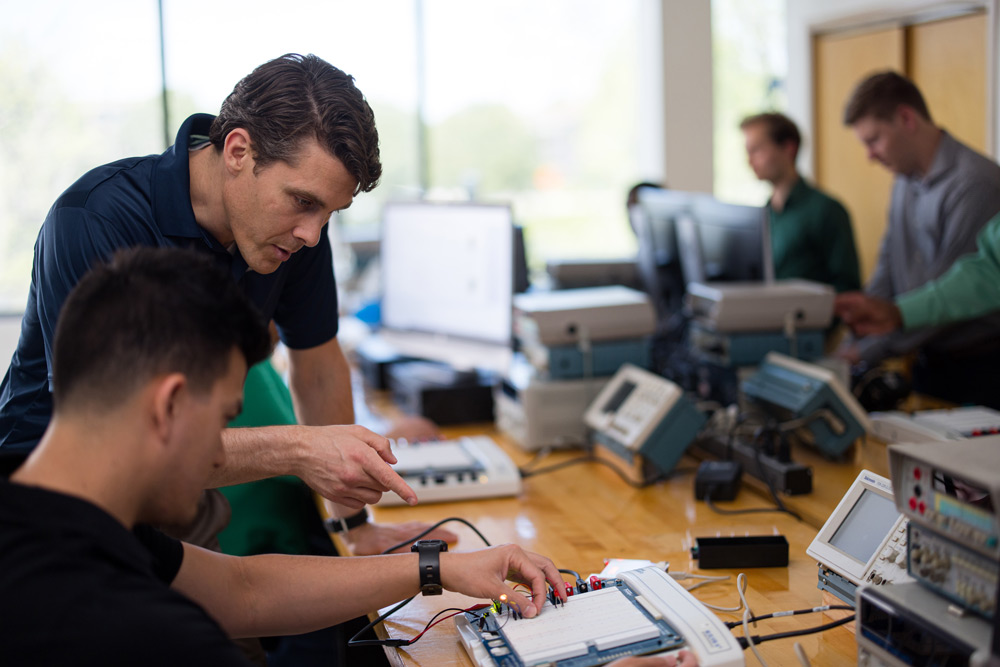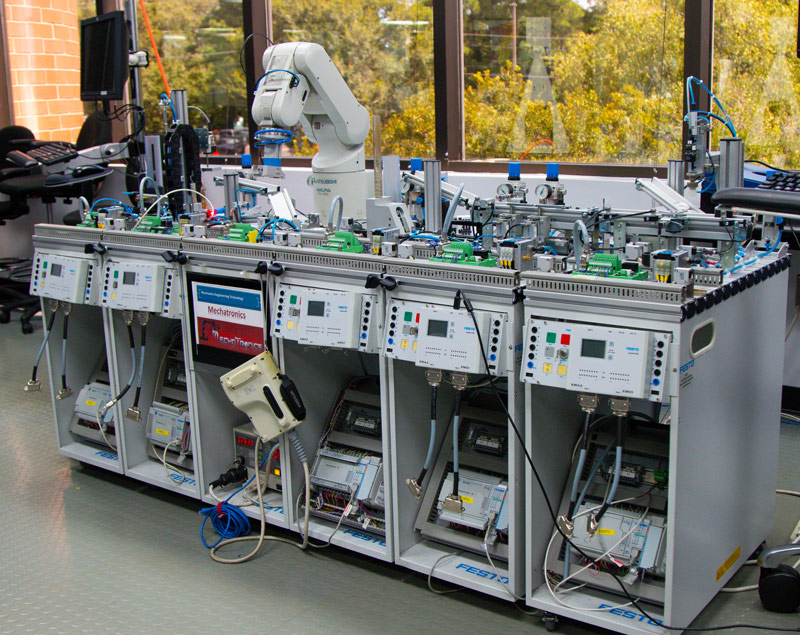
Electronics Engineering Technology is a field that merges principles of applied science and engineering to help build, test, and maintain electronic systems and devices. This field focuses on the hands-on aspects of electronic design and application, emphasizing real-world skills and problem-solving techniques used across various industries. Whether in manufacturing, telecommunications, or medical devices, electronics engineering technology serves as a bridge between theoretical engineering concepts and their practical implementation.
Electronics Engineering Technology
The study of electronics engineering technology covers several foundational areas that prepare students to work with electronic systems. Core topics often include:
- digital and analog circuits
- computer programming
- microprocessors
- control systems
- communications technology
Unlike traditional engineering programs, which might lean heavily on complex mathematics and theoretical principles, electronics engineering technology programs prioritize hands-on experience. Students learn practical skills in labs where they simulate and troubleshoot real-world problems.
Industry applications for electronics engineering technology span a variety of fields. For example, technicians and technologists are essential in sectors such as automotive, aerospace, renewable energy, and healthcare. The skills developed in this program prepare students to work on teams that create, test, and support the technology embedded in everyday devices and complex industrial systems alike.
What Does an Electronic Engineer Do
An electronic engineer’s work varies depending on the industry but often involves designing, developing, and testing electronic devices and systems. They might work on creating new communications equipment, developing medical monitoring systems, or troubleshooting issues in power generation equipment. A significant part of their role involves problem-solving, as they assess technical challenges and devise practical solutions to improve efficiency, reliability, or functionality.
In terms of skills, electronic engineers need a solid understanding of both hardware and software systems. They should have strong analytical abilities, effective communication skills, and attention to detail. Proficiency in specific technical skills, such as circuit design, computer-aided design (CAD) software, and programming languages, is also beneficial. These core competencies enable them to work collaboratively and successfully navigate the demands of complex projects.

Bachelor’s Degree in Electronics Engineering Technology
A Bachelor's degree in electronics engineering technology prepares students with the theoretical knowledge and practical skills necessary to excel in the field. This program combines foundational coursework in electronics with hands-on lab experiences that simulate real industry tasks. Topics in a typical curriculum might include circuit analysis, embedded systems, signal processing, and programmable logic controllers (PLCs), among others.
One distinction between a degree in electronics engineering technology and a more traditional electronics engineering degree lies in its applied focus. While an electronics engineering degree emphasizes theory and complex math, electronics engineering technology programs are structured around practical applications and industry-relevant skills. This focus on application rather than extensive theory makes the EET degree particularly valuable for those interested in technician or technologist roles, where hands-on experience is key.
Online Electronics Engineering Technology Degree
For those who require flexibility, an online electronics engineering technology degree offers an accessible path to enter this field. The online format often provides the same curriculum as in-person programs but allows students to learn at their own pace and balance their studies with other responsibilities.
The benefits of online learning include flexibility in scheduling, the ability to complete coursework from anywhere, and access to various digital resources that support learning. However, online students may face challenges, such as limited direct access to hands-on lab experiences. To address this, many programs offer virtual labs or partner with local institutions where students can complete practical components. Additionally, online learning requires a high level of self-discipline and motivation, as students must keep up with coursework and deadlines independently.
Conclusion
Electronics engineering technology is a dynamic and applied field that supports a variety of industries with essential technical expertise. This field provides foundational skills that are applicable to numerous practical tasks in designing, testing, and troubleshooting electronic systems. Electronics engineering technology is an ever-evolving field, adapting to advancements in areas like robotics, renewable energy, and telecommunications. Students gain the versatility to apply their knowledge to both emerging technologies and traditional systems, making the skills learned in an electronics engineering technology program highly adaptable. With foundational principles rooted in real-world applications, graduates are well-prepared to work on projects that bring electronic solutions to life. To explore ECPI’s electronics engineering technology program, visit https://www.ecpi.edu/programs/electronics-engineering-bachelor-degree.

